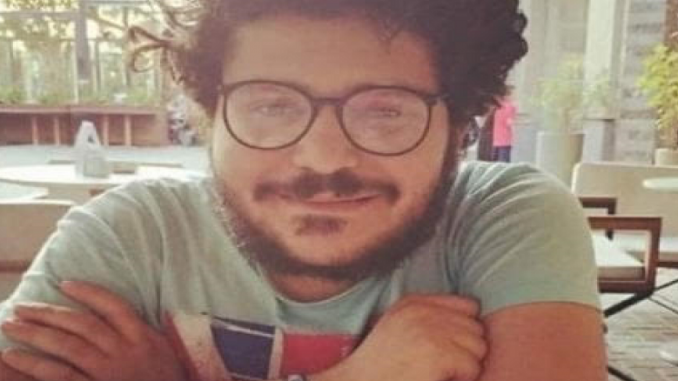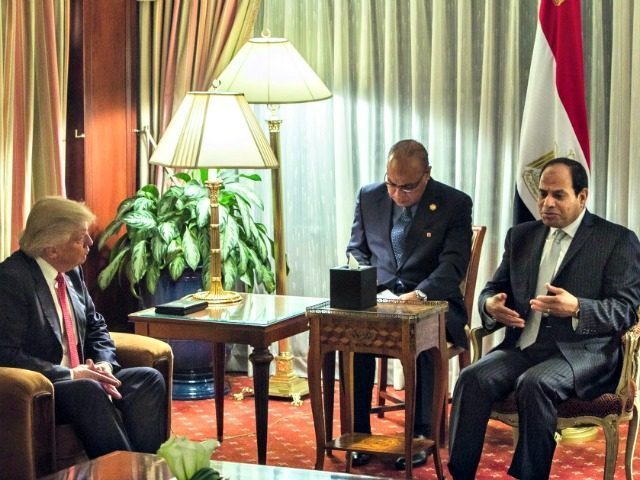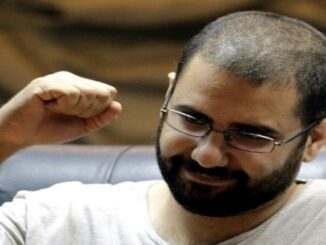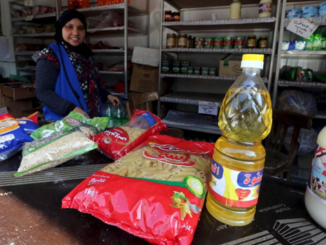
An Egyptian court orders a provisional release of Patrick Zaki, an EIPR researcher and a post-graduate student at Italy’s Bologna University who has been in jail for 22 months for criticism of the Egyptian regime.
The human rights activist and researcher at the Egyptian Initiative for Personal Rights (EIPR) was taken into custody upon his return to Cairo from Italy in February last year.
He is currently facing a range of charges, including “calling for protests without permission”, “spreading false news” and “inciting violence and terrorism”.
However, an Egyptian court Tuesday ordered the release pending trial of the rights activist who has been imprisoned for nearly two years in a case that has drawn significant international attention, a rights group said.
The court in the Nile Delta city of Mansoura postponed the trial of Patrick George Zaki until Feb. 1 to give prosecutors and defense lawyers time to prepare their arguments, said the Egyptian Initiative for Personal Rights, which represents Zaki.
“I’m jumping for joy!” his mother Hala Sobhy told AFP. “We’re now on our way to the police station in Mansoura,” a city in Egypt’s Delta, where Zaki hails from.
“It is a rare happy news for his Patrick, his family and everyone who advocated for his release,” Amr Magdy, Egypt researcher at Human Rights Watch said, according to Middle East Eye.
“But it’s a win with a bitter taste. He already spent two years in unjust detention and deplorable conditions, including physical torture by the National Security agency when he was arrested,” Magdy said, pointing out that he is still on trial.
The jailing and silencing of critics has brought international condemnation and is a key point of friction between Egypt and the Biden administration.
Zaki, a 29-year-old human rights advocate and student at the University of Bologna in Italy was arrested in February 2020 shortly after he landed in Cairo for a short trip home from Italy.
He has since been detained and faces charges of spreading false news about Egypt domestically and abroad.
Italy’s Prime Minister Mario Draghi expressed “satisfaction” over the court decision to release Zaki and vowed to continue following the case.
In a statement issued by Draghi’s office, the premier said the case “has been and will be followed with the maximum attention by the Italian government.”
Zaki’s arrest and trial became front page news in Italy and sparked a wave of student protests there. For many Italians, his detention was reminiscent of the death of Italian doctoral student Giulio Regeni, who was kidnapped in Cairo, tortured and killed in 2016.
Zaki had campaigned for the truth about the 2016 murder of Italian student Giulio Regeni.
His arrest sparked a solidarity campaign in Italy, with politicians and activists urging Egyptian authorities to release him.
Italian human rights activists have expressed concerns that Zaki could be at risk of torture and ill-treatment in Egypt’s notorious prisons, drawing parallels with the torture of Regeni.
Regeni’s family has also expressed solidarity with the detained activist.
In April, the Italian senate voted to approve a proposal by two lawmakers urging the government to grant Zaki Italian citizenship.
Meanwhile, more than 50 Italian cities have announced the granting of “honorary citizenship” of their city to Zaki. This was done, EIPR said, in order to show their appreciation for him as a human rights defender and to demand his immediate release in a campaign called 100 Cities with Patrick, launched by a group of human rights activists in Italy.
Egypt has embarked on a brutal crackdown on dissent since 2013, jailing more than 60,000 activists and imposing strict censorship measures on public discourse.
General Abdel Fattah al-Sisi, who led the 2013 coup, has consistently denied that there are political prisoners in Egypt, framing the crackdown as part of a fight against terrorism.
In October, Italy formally opened the trial in absentia of four high-ranking members of Egypt’s security forces for their alleged roles in Regeni’s slaying.
A Rome judge, however, halted the trial, saying there was no certainty the Egyptian security forces members had been officially informed that they were charged.
Under General Abdel Fattah al-Sisi, Egypt has seen the heaviest crackdown on dissent in decades. Officials have targeted not only Islamist political opponents but also pro-democracy activists, journalists and online critics.
Lengthy pretrial detentions have become a common practice to keep the government’s critics behind bars for as long as possible.
The crackdown has alarmed the U.S. and European governments. The Biden administration has said that human rights will be a priority in its relationship with Egypt, but has continued to supply the country with military aid and hardware.
In September, the U.S. released nearly $200 million in military aid to Egypt but withheld another $130 million due to concerns over rights violations. American officials have long said that maintaining a relationship with Egypt is key to regional security.



